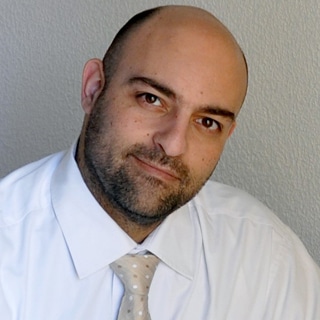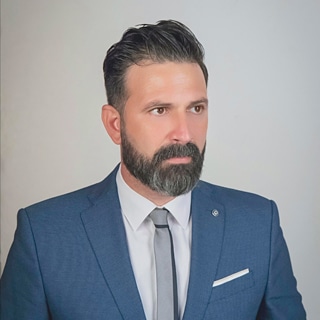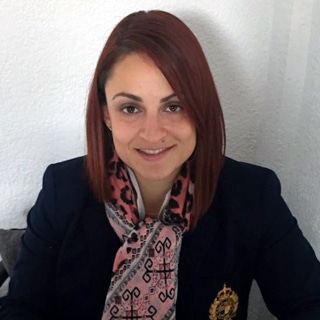The Bachelor of Science (BSc) program in Psychology focuses on the study of the physiological and divergent pattern of human behavior.
Aims of the Psychology Programme
The program in particular, aims at the following:
- Promoting students’ understanding of cognitive and emotional processes involved in a wide range of behavioral responses.
- Familiarize students with behavioral assessment techniques and the application of theoretical principles for behavior modification.
- Develop sensitivity to connections between depth of theory and width of application.
- Familiarize students and provide basic knowledge for all the core fields of Psychology, such as Clinical Psychology, Counselling, Developmental Psychology, Psychopathology, Cognitive Psychology, Neuropsychology, Statistics, Research Methods, Organizational Psychology, Health Psychology, Social Psychology, Psychology of Language, Educational Psychology, Forensic Psychology and other specialized courses.
- Applying acquired knowledge and skills within a wide range of professional occupations.
- Develop skills related to critical thinking and autonomous learning.
- Develop communication, and teamwork skills.
- Critically assess and evaluate scientific documents such as journal articles.
- Develop critical understanding of scientific methodology.
- Ability to write scientific reports using APA standards




















